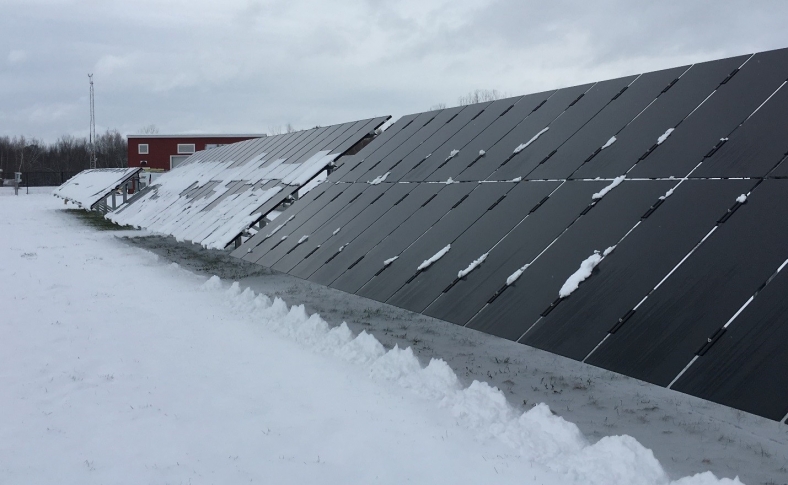Researchers from the Case Western Reserve University and Turkey’s Gebze Technical University (GTU) have used engineering epidemiology and statistical-data analytics to develop new models for predicting how PET (polyethylene terephthalate) backsheets applied to solar modules deteriorate when exposed to various accelerated weathering conditions.
PET films are commonly used in the back of solar modules as a durable protective barrier for the electronic components and to protect people from getting an electrical shock.
The group of scientists claim that the modeling approach they have adopted provides reliable predictions of the changes in yellowing index and haze formation in the PET films when these are exposed to constant stressors and stress levels for a given exposure time.
Environmental stressors such as irradiance, heat, and humidity, the researchers say, are present in all climatic zones. These stressors drive degradation of polymeric components in PV modules and contribute to performance loss. PET, in fact, is highly susceptible to moisture and ultraviolet (UV) irradiance. “PET degradation mainly occurs via photolytic and hydrolytic cleavage of an ester bond resulting in decreased molecular weight with concomitant changes in crystallinity, morphology, discoloration (yellowing) and/or haze formation,” the researchers explained.
The research team has identified multiple degradation modes that arise under multi-factor exposure conditions using statistically informed study protocols to produce datasets of step-wise observational variables to build physical and statistical models. Furthermore, the scientists have implemented a simulation methodology for PV modules’ service lifetime using temperature-dependent diffusion and permeation coefficients of polymer films cross-correlated with real-world time series climatic data.
Popular content
The research, titled “Predictive models of poly (ethylene-terephthalate) film degradation under multi-factor accelerated weathering exposure”, was published in the scientific journal PLOS ONE.
If you want to know more about how the quality of PV components has fallen short of what is expected by project developers and, importantly, investors, sign up to pv magazine's Upcoming Quality Roundtable.
Where: at Intersolar Europe ICM Conference Center in Munich, room 5 (ground floor)
When: Thursday, June 1, 2:30 pm to 4:30 pm
Registration: Pre-register for this FREE event and we will keep you informed
This content is protected by copyright and may not be reused. If you want to cooperate with us and would like to reuse some of our content, please contact: editors@pv-magazine.com.



1 comment
By submitting this form you agree to pv magazine using your data for the purposes of publishing your comment.
Your personal data will only be disclosed or otherwise transmitted to third parties for the purposes of spam filtering or if this is necessary for technical maintenance of the website. Any other transfer to third parties will not take place unless this is justified on the basis of applicable data protection regulations or if pv magazine is legally obliged to do so.
You may revoke this consent at any time with effect for the future, in which case your personal data will be deleted immediately. Otherwise, your data will be deleted if pv magazine has processed your request or the purpose of data storage is fulfilled.
Further information on data privacy can be found in our Data Protection Policy.